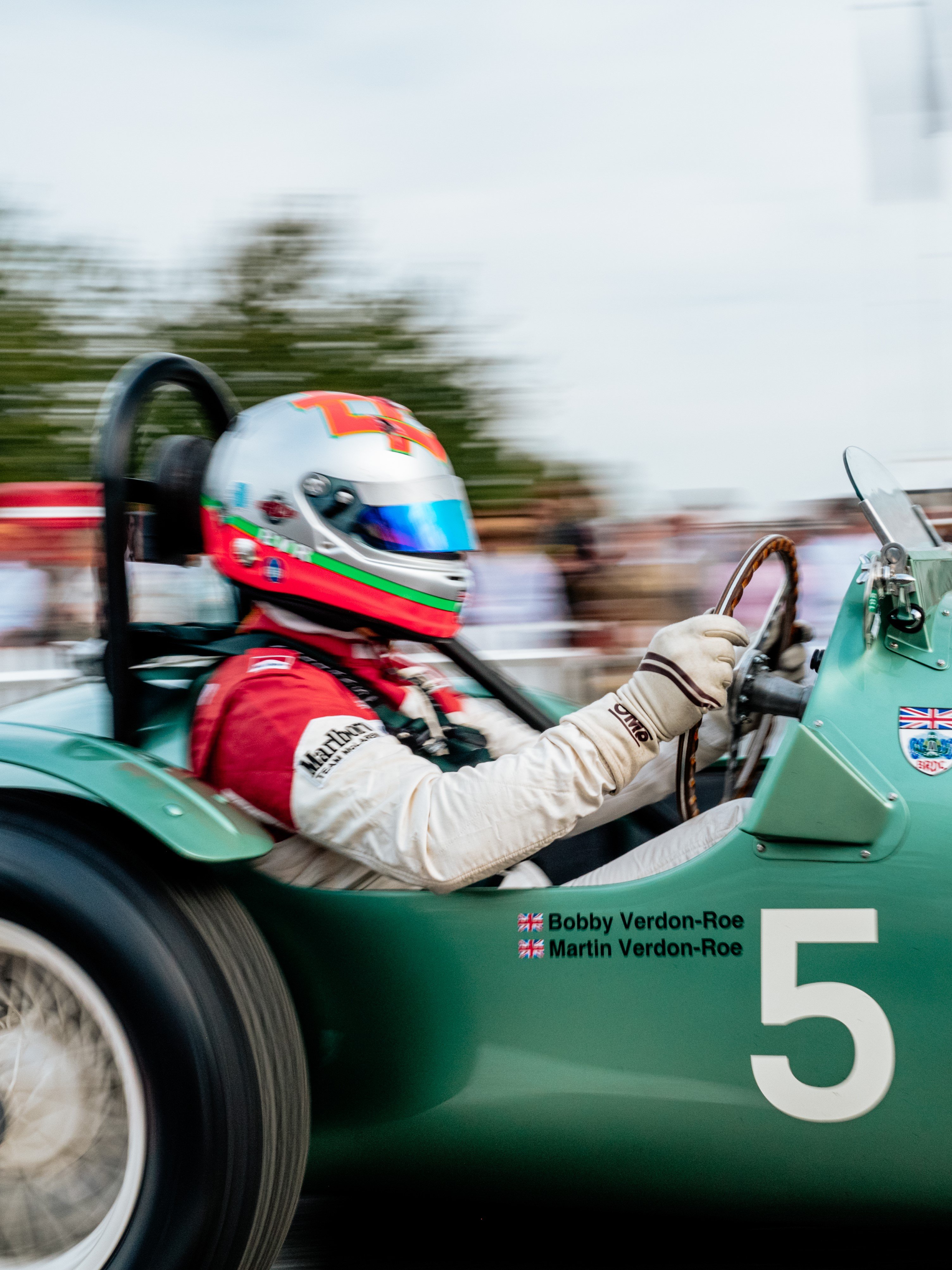Review: 2019 BMW 3 Series
It’s the car we’ve all been waiting for. Keen motorists, company car drivers, rival car manufacturers, even BMW itself. It’s truly hard to over-estimate the importance of the arrival of this, the seventh generation BMW 3 Series.

Since 1975, more than 15.5million 3 Series have left BMW’s showrooms worldwide and it’s no mistake that the Bavarian firm refers to the car as the ‘heartbeat’ of its brand.
That’s deserved too, like the VW Golf or Porsche 911 the 3 Series has come to represent the benchmark in its class, the small executive saloon against which all others are measured and need to beat. From build-quality to driver enjoyment and desirability to flexibility, it’s a range that has often swept the competition aside from a humble 320d up to a supercar-chasing M3 with very few weak points in-between. As heartbeats go, this is certainly one of the strongest.
Slightly longer and wider than its predecessor, this seventh generation car is easily recognisable as a 3 Series, with its wide front grille and distinctive LED lights. It’s not a design that’s about to challenge convention, but it’s clean and smart and looks much better in the metal than it does in pictures.
Initially, there will be a choice of just two engines in the form of a 262PS (258bhp) 3.0-litre petrol in the 330i or a 2.0-litre turbo-diesel in the 320d which will boast 193PS (190bhp) and be available with two- or four-wheel-drive.
This latter engine is capable of 67.3mpg average fuel economy and 110g/km emissions, while the 3.0-litre petrol manages the 0-60mph sprint in 5.8 seconds and on to a 155mph top speed.
That range will be expanded soon after the car’s March 2019 arrival though, with both less and more powerful petrol engines in the form of the 320i and M340i, the latter with 379PS (374bhp). 318d and 330d diesels will be forthcoming too, the entry-level car having 152PS (150bhp).
Business drivers are likely to be most interested in the plug-in hybrid 330e arriving in July though with an all-new lithium-ion battery pack and just 39g/km emissions with a 42-mile electric only range. It’s a sign of the times that this model alone is expected to account for a third of all 3-Series leaving UK showrooms.
On the road, the new 3 Series feels noticeably sturdier and more solid than before and closer to the kind of refinement levels that you might expect from the larger 5 Series. Engine and road noise have been kept to a minimum, there’s little body roll through corners and the steering is sharp and direct while offering a good degree of feedback.
You certainly feel its slightly larger dimensions at times, but the car soon shrinks around you when pressing on, encouraging the driver. A little of the old 3-Series driver focus might have been lost for the sake of that improved refinement but it’s minimal and this is a very comfortable and capable car in which to spend time. Plus it will quickly put a smile on your face thanks to its on-road precision and the ability for you to place it easily through bends.
Not that things are perfect mind you. We’ve yet to drive a car with the standard suspension, and the optional M Sport suspension is good, but can sometimes feel that it never really settles on more broken surfaces. Bumps and expansion strips that you’d expect not to feed through into the cabin are noticeable. It’s not especially bad, but we’d certainly like to compare it with the standard model.
The 320d’s engine however is very well-matched to the eight-speed gearbox, providing some silky-smooth gearchanges and having a decent level of grunt from low engine revs. Diesel cars might be losing their popularity for some, but for this 320d, refinement levels are exceptional.
Inside, there’s the usual immaculate build quality with a wide touchscreen and BMW’s iDrive infotainment system that’s easy to use on the move. The voice-control system is also one of the best we’ve come across.
We love the thick-rimmed steering wheel and the configurable digital dials, though a sign of the future is that there is only one standard USB-A port and yet there are three smaller USB C ones.
The seats themselves are very comfortable while there’s a decent amount of storage space in the door pockets and ahead of the gearlever, along with two cupholders. Space in the rear is pretty good too for head and legroom although your feet are a little cramped if the front seat is in its lowest position. If you need more practicality, then the Touring estate will be in showrooms by next autumn.
BMW has built at a car that is noticeably improved in every way, and in some areas such as its refinement and driving ability, considerably so. It might have lost a small degree of enjoyment from behind the wheel, but not much and it would be hard to find many real-world buyers to argue that the benefits weren’t worth that small sacrifice.
Crucially too, the 320d which represents the heartland of 3 Series sales to many company drivers is a very good car indeed. And we have little doubt that the forthcoming 330e plug-in hybrid will exceed all sales expectations given the way that the market is heading. Make no mistake, six generations on, this is the best 3-Series yet.
Stat Attack – BMW 320d
On sale: 9 March 2019
Engine: 1,995cc, in-line 4, turbo, diesel
Transmission: eight-speed automatic
PS/ Nm (bhp/ lb ft): 190PS @ 4000rpm/ 400Nm @1750rpm (187bhp/ 280lb ft)
0-60mph: 6.8 seconds
Top speed: 149mph top speed
Est price: range from £33,610 (range up to £37,660)
BMW
3-Series
















































































